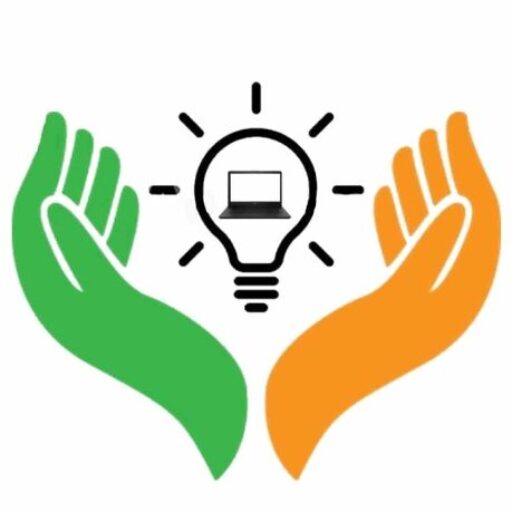If you depend on caffeine to power your mornings and your day, you’re not the only one. It doesn’t matter if you drink several cups of coffee before going on a morning walk, or if you have an energy drink in the middle of the afternoon slump, caffeine can make it easy to become dependent. It’s easy to skip sleep or overbook your day with caffeine. You can add another caffeinated beverage into your daily routine.
It’s not easy. Caffeine can have side effects that are not as good, especially if you take too much. These signs will let you know if your caffeine intake is too high.
What Is Caffeine?
You are probably familiar with the effects of caffeine and where you can find it (i.e. You can find caffeine in coffee, tea, sodas, energy drinks, and many other beverages. But what is it exactly?
Caffeine, a stimulant, is found in more than 60 types of plants including tea leaves and coffee beans. Caffeine is a stimulant. It increases brain activity and nerve system activity. This can essentially speed up your system and increase the circulation of cortisol and adrenaline hormones.
A dose of caffeine can help you feel more awake, alert, and energetic. Who wouldn’t want this?
How Much Caffeine Is Too Much?

It’s fine for most people to have some caffeine every day in their favorite form. The FDA has guidelines that will help you keep within a safe limit. Healthy adults should not consume more than 399mg of caffeine daily, according to the FDA.
This means that you should drink four to five eight-ounce cups of coffee per day. Keep in mind, however, that caffeine levels can vary depending on how coffee beans are roasted and brewed.
Although you are well aware of some side effects, does caffeine actually cause harm when taken in large amounts?
A 152-pound adult can get toxicity from caffeine intake of 698 mg. It takes approximately 10,001 mg to make caffeine lethal. Although you won’t die from caffeine intake, eight cups of coffee per day is a lot. Seizures can occur when caffeine toxicity is established.
Keep in mind, however, that each person’s caffeine tolerance is different. Your friend might be able to have two more cups of coffee with no side effects.
4 Signs of Getting Too Much Caffeine
1. Feeling edgy?
You drink it for the energy and wakefulness that it brings, right?
However, if your body is more sensitive to caffeine or you consume more than 1,001mg per day, it’s more likely that you will feel anxious, agitated and jittery. You might need to consume much less caffeine if you are sensitive to its effects. If you have anxiety symptoms, caffeine can worsen them.
2. Difficulty sleeping
Too much caffeine can not only make it difficult to fall asleep but can also affect the quality and quantity of your sleep. Are you tossing and turning at night? These extra trips to the Keurig might be responsible. Research shows that you will feel the most effects in two hours.
However, caffeine can remain in your system for as long as nine and a quarter hours. This means that caffeine can easily disrupt your sleep cycle.
See more: 7 Simple Ways to Reduce Anxiety
3. Killer Headaches
It’s common to get a headache, or migraine if you go over your caffeine tolerance. Most people can drink a few cups of coffee or 198mg of caffeine per day. Frequent headache sufferers might want to cut out caffeine entirely to improve their symptoms.
You might need to take some time to reach a conclusion, as caffeine withdrawal may also cause headaches and migraines. Reduce withdrawal symptoms by slowly reducing your caffeine intake.
4. Afternoon Crashes
Too much caffeine could be the reason you feel groggy by 2.30 p.m., and that you are longing to go to bed. You’ll notice the difference in energy levels when you’re high on caffeine (which can cause you to feel like a superhero).
Your body may flood with sleep-inducing chemicals that have been blocked by the drug. Your body may be more sensitive to the symptoms of sleepiness after high levels of caffeine.
Knowing your morning caffeine limit is the best way to avoid afternoon crashes. You can compare how you feel in the afternoon with the amount of caffeine that you take each morning. After two cups of morning caffeine, you may feel fine until mid-afternoon. But if you add an energy drink in the middle of the day, you might find yourself feeling sluggish by mid-afternoon.
Caffeine Affects Your Bladder More Than You May Realize
Caffeine can make you feel more desperate to pee. You might want to avoid caffeine if you have bladder problems, hyperactive bladder, urgency, or other symptoms.





